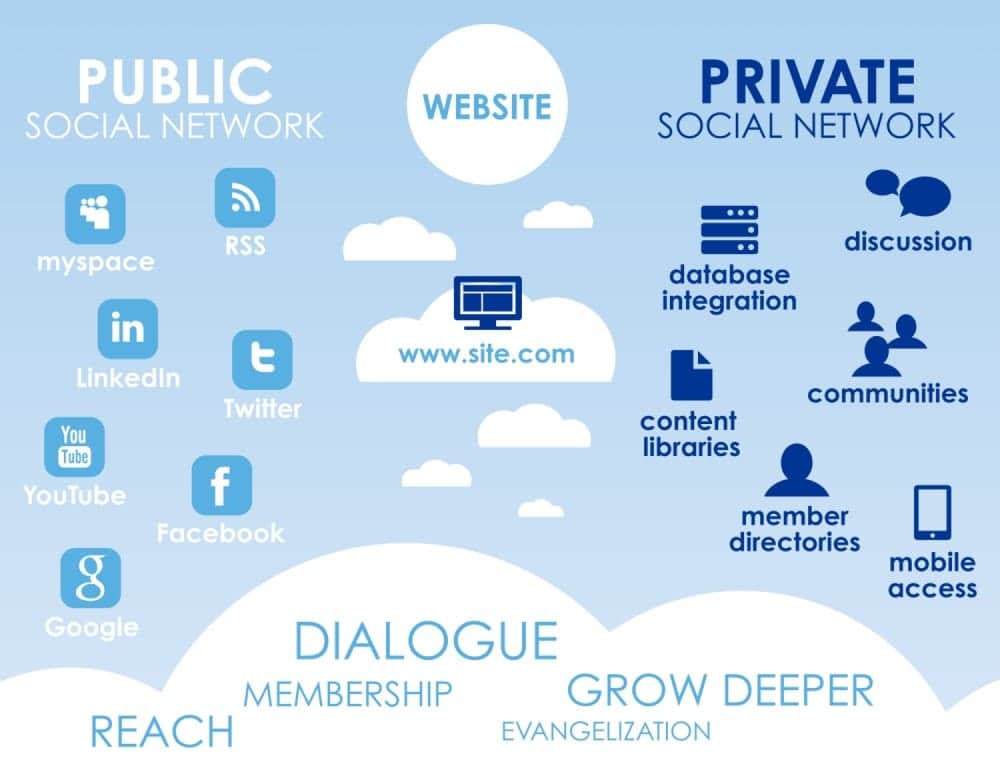
The Rise of Private Social Networks
As issues of data privacy, censorship and content moderation continue to plague mainstream social media platforms, a new wave of private social networks promising more control and security could gain notable traction in 2023. Here are factors fueling demand and what these networks may offer users.
Demand for Increased Privacy
The frequent data breaches, targeted ads and invasive personal profiling that have characterized public social platforms have left many users seeking online communities with increased privacy safeguards. Recent research shows growing percentages of social media users concerned about data collection and unwillingness to share certain information publicly. Meanwhile, issues like algorithmic filtering of content and viewpoint censorship have reduced trust in the neutrality of large platforms. All of this points to an audience ripe for private social networks that promote data ownership and fewer content restrictions.
What Private Networks Offer
Emerging private networks aim to capture demand for more privacy-focused communities through key differences in their models:
- Limited memberships: Private networks often involve approval and invitation-based joining that limits total users.
- Data ownership: Networks may not claim ownership of user data, posts or media, which remains under user control.
- Neutrality of content: Without targeted ad incentives, private networks can remain neutral on content moderation.
- Enhanced security: Private networks employ end-to-end encryption, activity cloaking and other protections.
- Self-governance: Some of them enable members to collectively moderate content through community voting.
All of these features promise to put the power back in users’ hands rather than largely centralized platform controls.
Challenges to Adoption
However, several issues may limit uptake of private social networks in the near term. Networks face difficulties reaching the scale needed to replicate the effects that drive use of large platforms. Monetizing these ones also remains a challenge, with most relying on subscription fees that deter many potential users. Finding an effective balance between self-governance and platform moderation policies remains difficult. And consumers have become so accustomed to “free” public ones that transitioning to private paid alternatives faces inherent friction. As a result, while private networks represent an appealing concept, mainstream adoption likely remains a few years off. For now, the potential emergence of these networks represents an encouraging sign of users demanding more control over their online data and interactions.
In summary, issues of data and content moderation on mainstream social platforms have built increasing interest in private social networks that promise enhanced privacy, data ownership and platform neutrality. However, problems with membership scale, monetization models and policy governance remain obstacles that must be overcome for these private ones to truly break into the mainstream. For now, their potential emergence in 2023 highlights important user values around privacy and transparency that all social platforms will need to increasingly accommodate.
